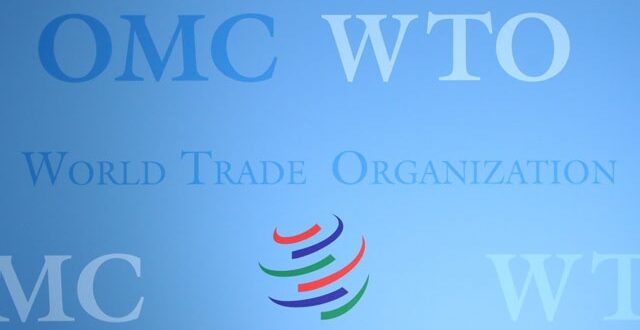Production of local medicine raw materials, better known as active pharmaceutical ingredients (API), holds huge forex-earning potential but faces a host of headwinds from within, industry-insiders have said.
They say the emerging sector has been facing lack of sufficient investment, including bank finance, at a time when it can spread its wings over the world through a passage created by latest world trade rules.
The existing lower retention period for repatriating export income in foreign currency has also been hindering the export growth of this industry, they also said.
They believe the industry will be considered a significant part of the country’s export sector with proper nurturing.
They expect to reach the export earnings to US$100 million in the next three years from the sector if it received necessary policy support.
A source in the Export Promotion Bureau (EPB) said that as value addition of API is higher, the industry would also be able to make special contribution to the drive for diversification of export products of the country.
Bangladesh API and Intermediaries Manufacturers Association (BAIMA) sources mention that Singapore, India and China have achieved a significant success in the API sector. They have provided extensive government support for research and development in this sector.
China, India and Singapore earn US$100 billion, US$30 billion and US$16 billion respectively per annum. API is new to Bangladesh-its products have been exported since 2012.
Currently, the sector needs time and investment to enter different potential global markets.
A total of eight firms are members of BAIMA. Off them, four firms export such products to Egypt, Pakistan, Indonesia and India.
Bangladesh exported API worth over US$5.0 million to Egypt, Pakistan, Nepal, and Vietnam between 2015 and 2018.
It has exported more than US$40 million worth of such medicinal products in the last five years-and the trend is growing steadily.
In 2018, the government approved the National Active Pharmaceutical Ingredients (API) and Laboratory Reagents Production and Export Policy 2018 aimed at providing a boost to the sector.
When contacted, president of BAIMA SM Saifur Rahman said, “The cabinet in 2018 approved API and Reagent Policy. But for a lack of proper implementation of the policy, the sector has not developed as expected.”
He hopes export earnings from the API sector will increase as they are trying to cash in on new markets. “Besides, we are getting new orders that are shifting from China.”
API is the main raw material for all drugs. Bangladesh aims to exploit opportunities of the World Trade Organisation (WTO) policy and the Trade-Related Aspects of Intellectual Property (TRIPs) agreement on relaxation from patent-rights rules.
The facility will remain unconditionally valid until 2027, and development of this sector requires an overarching supportive policy by the government.
With an eye to removing the existing roadblocks facing the emerging sector, commerce ministry sat for a review meeting with the stakeholders. The BAIMA has sought VAT waiver since 2016 with retrospective effect. The meeting decided to request the NBR to take necessary steps.
It is also supposed to ask the central bank to provide ‘export-retention quota (ERQ)’, rescheduling facility at 2.0-percent down payment and extension of the retention period for repatriating export income in foreign currency to 90 days from the existing 30-day timeframe.
A source said roughly 95 per cent of the Tk 50-billion worth of raw materials are imported, mainly from China, Korea and India. Local producers supply more than 5.0 per cent.
Domestic APIs are two to three times cheaper than those imported from abroad.
The pharmaceutical industry has made significant progress, meeting around 98 per cent of the country’s demand while exporting medicines to approximately 147 countries.
Global market size of API is $200 billion, which is mostly grabbed by China and India. Due to the WTO policy, the two countries have lost their access to global market, creating a great opportunity for Bangladesh to expand its wings.
On May 07, 2019, the NBR issued an SRO waiving 15-percent VAT on import of API raw materials and reagents by tagging some conditions. The waiver has been offered until December 2025, although the API policy offered it until 2032.
(FE)
 Welcome to Business Outlook
Welcome to Business Outlook




